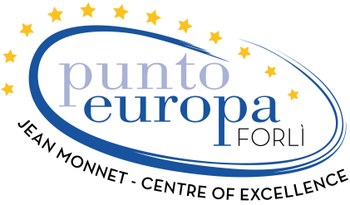The Evolution of the EU development policy: in search of a European identity

Throughout its history, the European Union has expressed its ambition to hold a prominent place in the international system, launching an impressive number of cooperative activities. Until the '90s, the African, Caribbean and Pacific States (ACP) were unquestionably the main European partners in the group of developing countries, and the EU-ACP relations were the most visible and important component of the EU development aid program. In particular, the establishment of formal links between Europe and the countries of the African continent dates back to the moment of the creation of the European Economic Community in 1957. Drawn up for the first time in the Treaty of Rome, the association agreements between the EEC and the African states continued to evolve and expand in successive Yaoundé and Lomé Conventions, till the 2000 Cotonou Partnership Agreement.
Wondering how, when and, most importantly, why the relations between the European powers gathered in the EEC and the developing countries, former European colonies, have changed is not secondary in the analysis of Europe’s identity and role of global power. It is interesting to understand how the EC has intervened on decolonization during the ‘50s and ‘60s, if it has rushed times and improved the following situation. In this respect, the result in a historical perspective is difficult to analyze. On the one hand, innovative ways to change and improve from the foundations relationships compromised by colonization have been tried, and currently the Union is still participating, albeit sometimes in an unsatisfactory manner, to the development of these countries. On the other hand, however, we will see how the emergence of new relationships was imbued with national interest, in order to maintain close ties with the newly independent African states for economic and political-strategic reasons.
Given the exceptional nature of Europe-Africa relationship, the research will investigate the origin and the evolution of the EU development policy, trying to determine whether and to what extent the political commitment the EEC showed in ’50s and ‘60s with the association arrangements of the Treaty of Rome and the Yaoundé Conventions has constituted an instrument of democratization in the Eurafrican relations. The goal is to understand how the decolonization and the construction of new relations have been experienced, in a complete absence of an elaboration of European memory on colonization and decolonization.